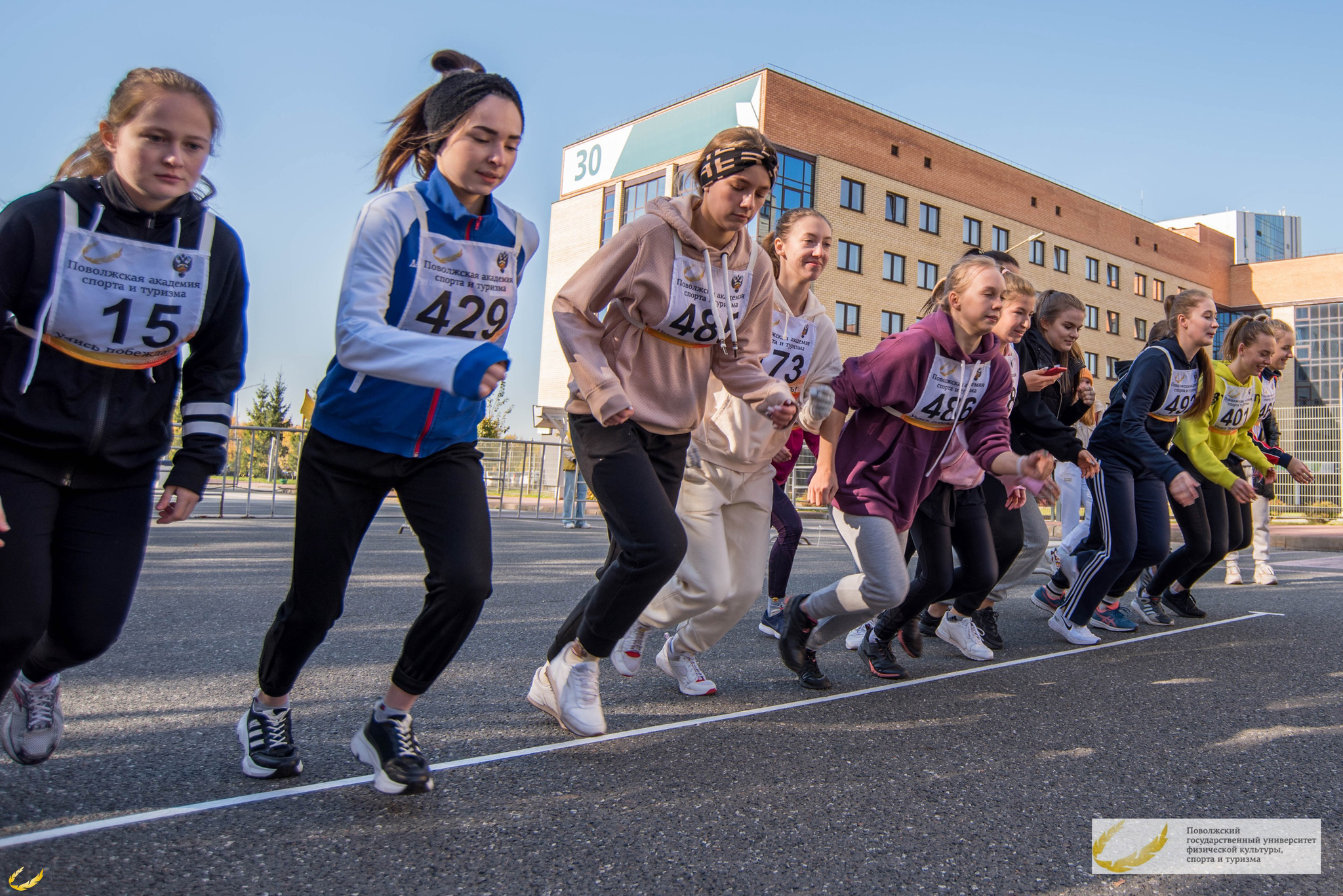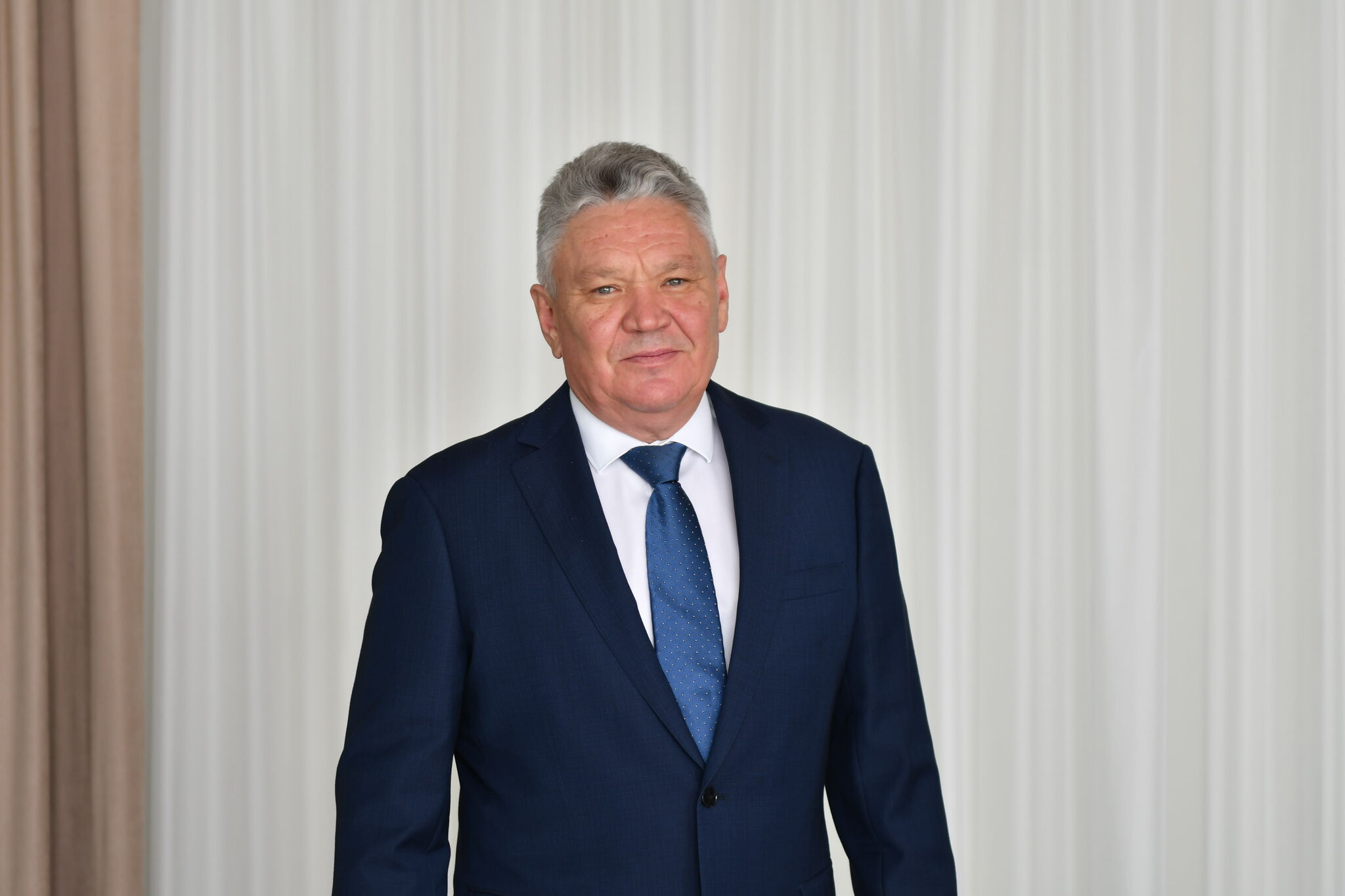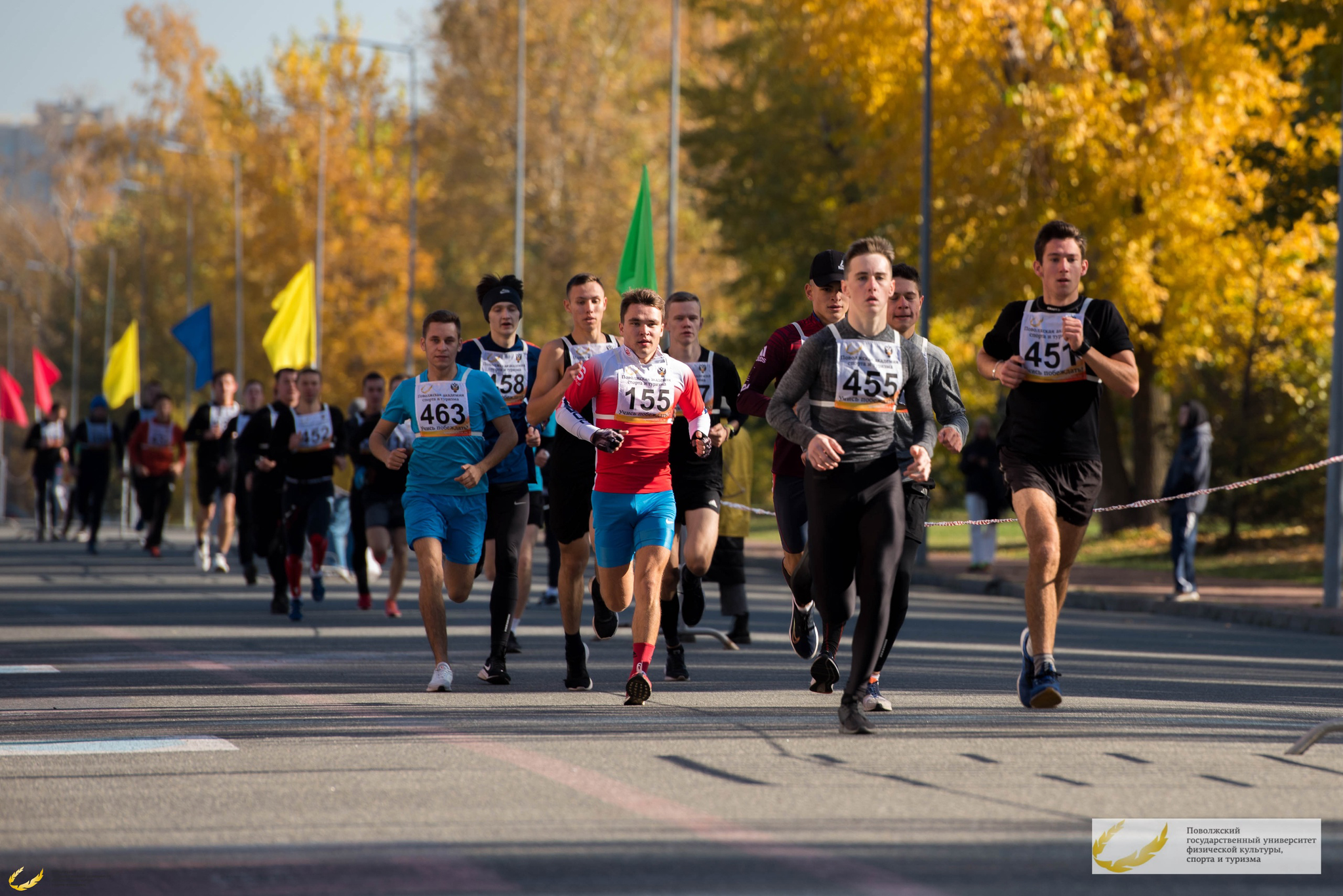 With over 80 certified universities now part of the FISU Healthy Campus progamme, one of the latest to obtain bronze certification is the Volga Region State University of Physical Culture, Sport and Tourism from the Russian Federation. Speaking about the certification and what it means for the university is Acting Rector of the university and First Vice President of the Russian Student Sports Union (RSSU), Dr Rafis Burganov.
With over 80 certified universities now part of the FISU Healthy Campus progamme, one of the latest to obtain bronze certification is the Volga Region State University of Physical Culture, Sport and Tourism from the Russian Federation. Speaking about the certification and what it means for the university is Acting Rector of the university and First Vice President of the Russian Student Sports Union (RSSU), Dr Rafis Burganov.
Can you tell us about your university?
Volga State University of Physical Culture, Sports and Tourism is one of the 14 higher educational institutions founded by the Ministry of Sports of Russia and trains specialists in the field of physical culture, sports and tourism. In particular, the university trains coaches in 21 sports, physical education teachers, sports managers, sports psychologists, and other industry specialists.
The Volga Region University of Sports has almost half a century of history, which began in 1974 with the establishment of a branch of the Volgograd State Academy of Physical Culture in Kazan. In its current form, the Volga Region University has existed since 2010. The recent history of the university is closely connected with the holding of a number of large-scale sporting events in Kazan, which started with the Kazan 2013 Summer Universiade.
As part of the implementation of the heritage concept of the Kazan 2013 Summer Universiade, seven modern sports facilities were transferred to the balance of the Volga State Academy of Physical Culture, Sports and Tourism.
 Dr Rafis Burganov, Acting Rector of Volga State Academy of Physical Culture, Sports and TourismIn March 2021, the Volga State Academy of Physical Culture, Sports and Tourism was renamed as the Volga State University of Physical Culture, Sports and Tourism. The new status has significantly expanded the university’s capabilities in the educational and scientific fields.
Dr Rafis Burganov, Acting Rector of Volga State Academy of Physical Culture, Sports and TourismIn March 2021, the Volga State Academy of Physical Culture, Sports and Tourism was renamed as the Volga State University of Physical Culture, Sports and Tourism. The new status has significantly expanded the university’s capabilities in the educational and scientific fields.
The educational and laboratory building is at the heart of the academy, that housed the international information centre during the Kazan 2013 Summer Universiade. Today, it consists of 50 educational and lecture halls equipped with multimedia equipment, which allows for broadcasts of lectures online. The facility has a training laboratory, a restaurant complex, a library, sports rooms and gyms, as well as a concert hall.
Almost all of the university’s sports facilities are also used for major sports tournaments, such as the Palace of Water Sports that hosts the championships of Russia and the stages of the world series in swimming and diving.
Today, more than 4,000 students from 76 regions of Russia and 15 foreign countries study at the university, including some of the country’s high-class professional athletes. Last academic year among the students at the university were five honoured masters of sport in Russia, 28 masters of sports of international class, 266 masters of sports and more than 400 candidates for other masters. Many of them are also members and candidates for the national teams of Russia and Tatarstan, along with international athletes as well.
The educational process at the university takes place in four institutes and 16 departments. University students are preparing to become coaches, sports analysts, psychologists, managers of sports facilities, hotels and travel agencies within the framework of 52 professional educational bachelor’s and 15 master’s degree programs.
Volga Region University inherited equipment from the Universiade, which allowed the university to be the first in Russia to create a unique information system – an information services portal, to which the holders of an electronic student ID or employee ID have access. An electronic student card is a full-fledged plastic bank card to which a scholarship is credited, it is a university pass, a transport card and a discount card for students of the ISIC system, operating worldwide.
What are the main outcomes for the university investing time and work on the Healthy Campus programme and what will the university achieve for having reached this level of certification?
We strive for 100% involvement of our students in physical education and sports and their commitment to the values of a healthy lifestyle. Among the areas of study at our university are not only sports, but we also train specialists in the field of service and tourism. Each of our facilities has sports and gyms and students have five swimming pools, an ice arena, along with tennis and badminton courts at their disposal. I am sure that participation in the Healthy Campus programme will help us attract the maximum number of students to the sports grounds.
 What are your thoughts regarding the work process by the Healthy Campus programme?
What are your thoughts regarding the work process by the Healthy Campus programme?
During the implementation of this program, we did not have to radically change anything in our work. Healthy Campus has helped us to define more clearly the standards in all areas of activity and the goals we want to achieve.
How have you reached students directly with the Healthy Campus programme?
During the academic year, we hold more than 100 different competitions. Our educational platforms also regularly host open lectures, master classes with the participation of sports stars, leading experts in the field of fitness, nutrition and sports psychology. The university’s student activists are also actively involved in promoting a healthy lifestyle. The priority is to work within the framework of the Association of Student Sports Clubs, which unites students who do not play sports professionally.
Do you agree that the Healthy Campus programme is a tool to create a global strategy within the university and develops the cooperation between different departments?
The programme has become a key idea for the unification of all departments. We want sports and a healthy lifestyle to become part of the corporate culture of our university. You can’t force a person to exercise, eat right and give up bad habits. But to convince them, we need to make sports fashionable, so Healthy Campus is more a philosophy of life than just rules.
The FISU Volunteer Leaders Academy was held on our campus in 2017 so we hope that in the future our cooperation will continue. This summer, we began to partner with the FISU Student Ambassadors programme. Like our university, this project is the legacy of a major sporting event. The FISU Student Ambassadors host monthly webinars and are university based that invite our students to participate.